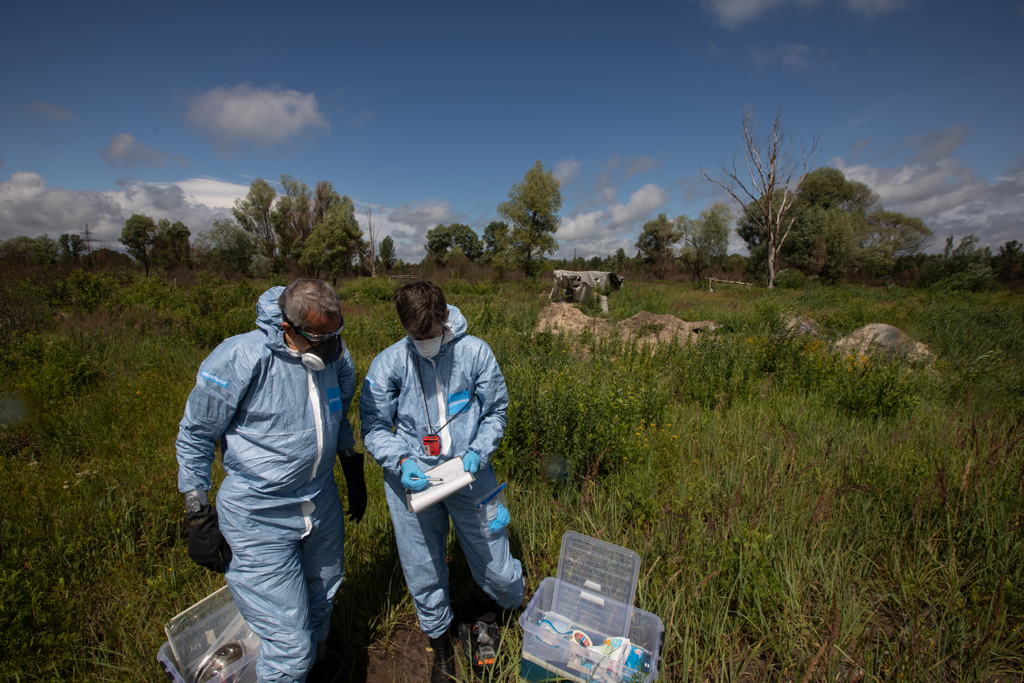An international team of experts from Greenpeace Germany have accused the International Atomic Energy Agency (IAEA) of not doing their job seriously after a new investigation into the levels of radiation at the Chernobyl Nuclear Power Plant.
Radiation levels around the former power plant in Ukraine are up to three times higher than what the IAEA had previously estimated, reported Greenpeace.
The IAEA had examined the area after the plant was occupied for weeks by the Russian army, which had dug trenches in the area. IAEA said that after the Russian army left that radiation levels were high but posed no danger to humans.
Ukraine's nuclear inspectors confirmed to the BBC that the Chernobyl site's radiation level is currently safe.
Radiation levels
However, in the exclusion zones there are areas with high levels of radiation, which Chernobyl's management blame on Russia's military presence, as forces dug trenches and their vehicles brought up dust.
According to Greenpeace, it is clear that military personnel worked in a highly radioactive environment. "We can only conclude that, for some reason, the IAEA decided not to bother with full investigations. Our investigation clearly shows that radiation levels are not normal, despite what the IAEA would have the world believe,” said a Greenpeace researcher.
The organisation has previously called on the IAEA to suspend its activities with its deputy director Mikhail Chudakov, a long-time employee of the Russian nuclear company Rosatom.
Related News
- For Ukraine it is 'very important' to win the war before winter
- Accession talks: When will North Macedonia and Albania join the EU?
- Ukraine criticises major European banks for keeping ties with Russia
Greenpeace's investigation was done with the permission and cooperation of the Ukrainian authorities. The mission took place in the so-called exclusion zone, a area within a radius of 30 kilometers around the site of the Chernobyl nuclear catastrophe in 1986.
Greenpeace added that the searches were limited, as many mines in the area had not been mapped or cleared.

